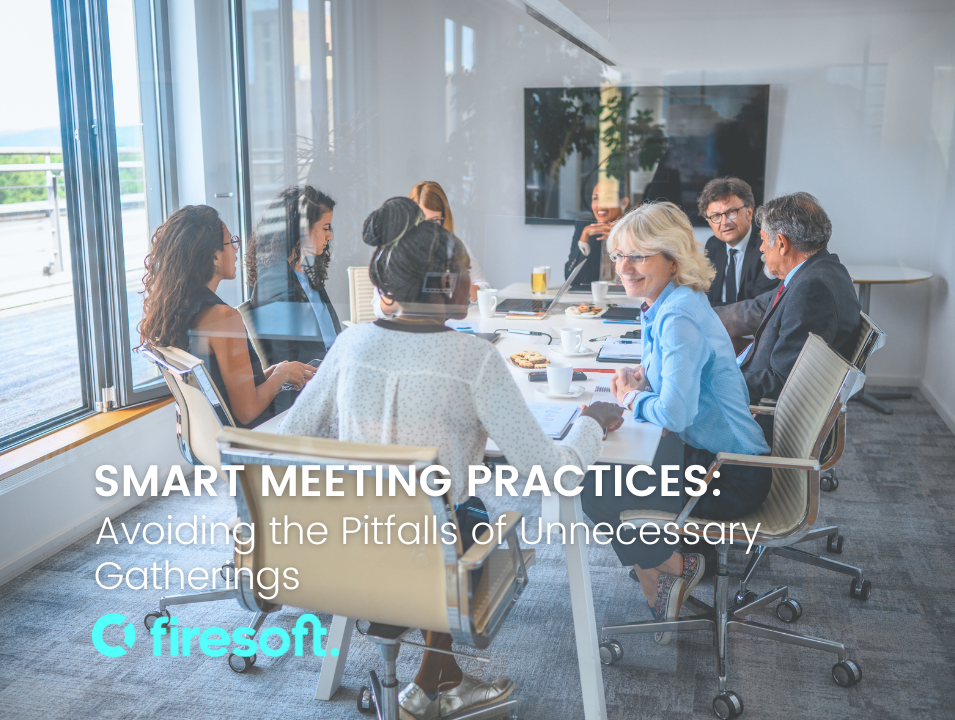Who Can Really Help You Land Your Next Job? It Might Surprise You

When you're on the job hunt, it's natural to reach out to your closest contacts. But surprising new research suggests that your best connections for finding a new job might not be your inner circle.
This blog post explores a recent study published in Science Magazine that investigated how different types of connections impact job mobility. The analysis, based on data from LinkedIn involving over 20 million users, revealed that weak ties – those acquaintances and infrequent contacts – are actually more helpful than strong ties (close friends, family, and colleagues) when it comes to finding new opportunities.
Here's why:
Moderately Weak Ties Offer the Sweet Spot: The most beneficial connections strike a balance between familiarity and exposure. They can introduce you to new information and social circles, but still have some overlap in interests and background, making the information they share relevant.
The Science Behind Weak Ties: Sociologist Mark Granovetter's influential 1973 paper explored this concept, highlighting the power of weak ties in job hunting. This study provided the first large-scale causal test supporting this theory.
The Rise of A/B Testing and Social Media: The researchers leveraged A/B testing, a technique used to optimize recommender engines like LinkedIn's "People You May Know" algorithm. By analyzing data from millions of users over five years, they were able to see how variations in the strength of recommended connections impacted job transitions.
Key Findings and What They Mean for You:
Focus on Moderately Weak Ties: The study found that moderately weak ties significantly increased the likelihood of job changes compared to both very weak and strong ties. For instance, having a new connection with 10 mutual friends nearly doubled the chance of landing a new job compared to someone with only one mutual friend.
Weak Ties Are Especially Important in Certain Industries: Industries that experience rapid technological advancements, like IT and AI, highly benefit from weak ties. These connections provide access to diverse communities and exposure to new developments, crucial for staying ahead of the curve.
Remote Workers Take Note: With the rise of remote work, weak ties become even more important. The lack of watercooler conversations and unplanned encounters with new colleagues makes cultivating these connections essential.
Takeaways for Different Players:
Job Seekers: Actively manage and expand your digital network. Weak ties can significantly impact your job prospects, promotions, and even salary.
Managers: Look beyond your close network to source diverse top talent. Platforms like LinkedIn are key recruiting tools. Utilize algorithms like "People You May Know" to maximize your reach and attract high-caliber candidates.
Everyone: The study highlights the importance of managing algorithms. Social media platforms can be leveraged to connect people with the right opportunities. Be open to expanding your online network and consider those second-degree connections – they might be the key to unlocking new possibilities.
So, the next time you're on LinkedIn, don't just accept connections from people you already know. Take a chance on those "People You May Know" recommendations – they could be your ticket to your dream job.
Other suggested reads for you


